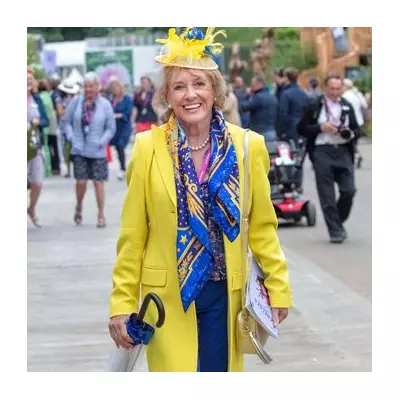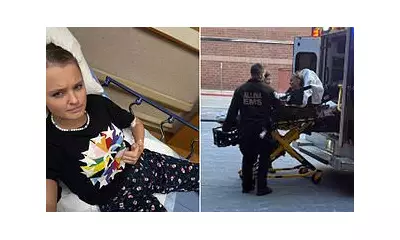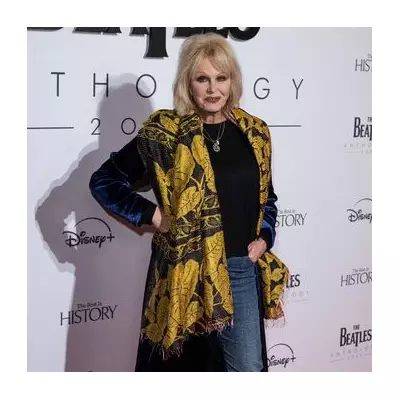
Britain is witnessing an unprecedented surge in menopause-related products and services, but leading medical experts are raising serious concerns about whether vulnerable women are being exploited during this transformative life stage.
The Wellness Industry's New Cash Cow
What began as a long-overdue conversation about women's health has rapidly transformed into a multi-billion pound industry. From expensive supplements to private clinics offering hormone replacement therapy (HRT), companies are scrambling to capitalise on what some are calling the "menopause gold rush."
Dr. Louise Newson, a prominent menopause specialist, acknowledges the positive aspects of increased awareness but warns: "We're seeing an alarming proliferation of products making bold claims without robust scientific evidence. Women are spending significant amounts of money on treatments that may offer little benefit."
Questionable Claims and Empty Promises
The market is flooded with supplements boasting miraculous results for menopausal symptoms. However, many contain ingredients with minimal research supporting their effectiveness. Unlike pharmaceutical treatments, these products aren't subject to the same rigorous testing standards.
"Women are being sold expensive 'natural' alternatives that often lack proper regulation," explains Professor Martha Hickey from the Royal College of Obstetricians and Gynaecologists. "When you're suffering from debilitating symptoms like brain fog, hot flushes, and sleep deprivation, you're vulnerable to promises of quick fixes."
The Private Clinic Boom
Private menopause clinics have sprung up across the UK, offering faster access to HRT than often available through the NHS. While they fill an important gap in healthcare provision, concerns have been raised about their business models.
- Some charge hundreds of pounds for initial consultations
- Ongoing prescription fees can create financial strain
- Variable quality of medical advice and follow-up care
- Potential over-prescription without adequate monitoring
The Social Media Influence
Instagram and TikTok have become breeding grounds for menopause influencers promoting various products and treatments. While some provide valuable information and community support, others operate as affiliates for supplement companies, earning commissions on sales.
"The line between genuine advice and marketing has become dangerously blurred," notes health journalist Sarah Thompson. "Women are making important health decisions based on sponsored content rather than medical evidence."
NHS Pressures and Access Inequality
The explosion of private options highlights significant challenges within the NHS. Many women face:
- Long waiting times for specialist menopause services
- GP knowledge gaps about current treatment guidelines
- Postcode lottery in available treatments
- Confusion about HRT risks and benefits
This access crisis has created fertile ground for private providers, but not all women can afford their services, creating a two-tier system of care.
Finding Safe Ground
Medical professionals advise women to:
- Consult NHS resources first before considering private options
- Be sceptical of products making dramatic claims
- Check whether supplements have proper certification
- Seek second opinions for significant treatment decisions
- Use recognised charities like The Menopause Charity for reliable information
As one NHS consultant summarised: "The increased attention on menopause is overwhelmingly positive, but we must ensure women receive evidence-based care rather than becoming targets for commercial exploitation."





